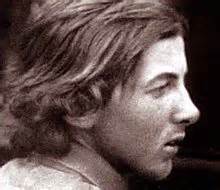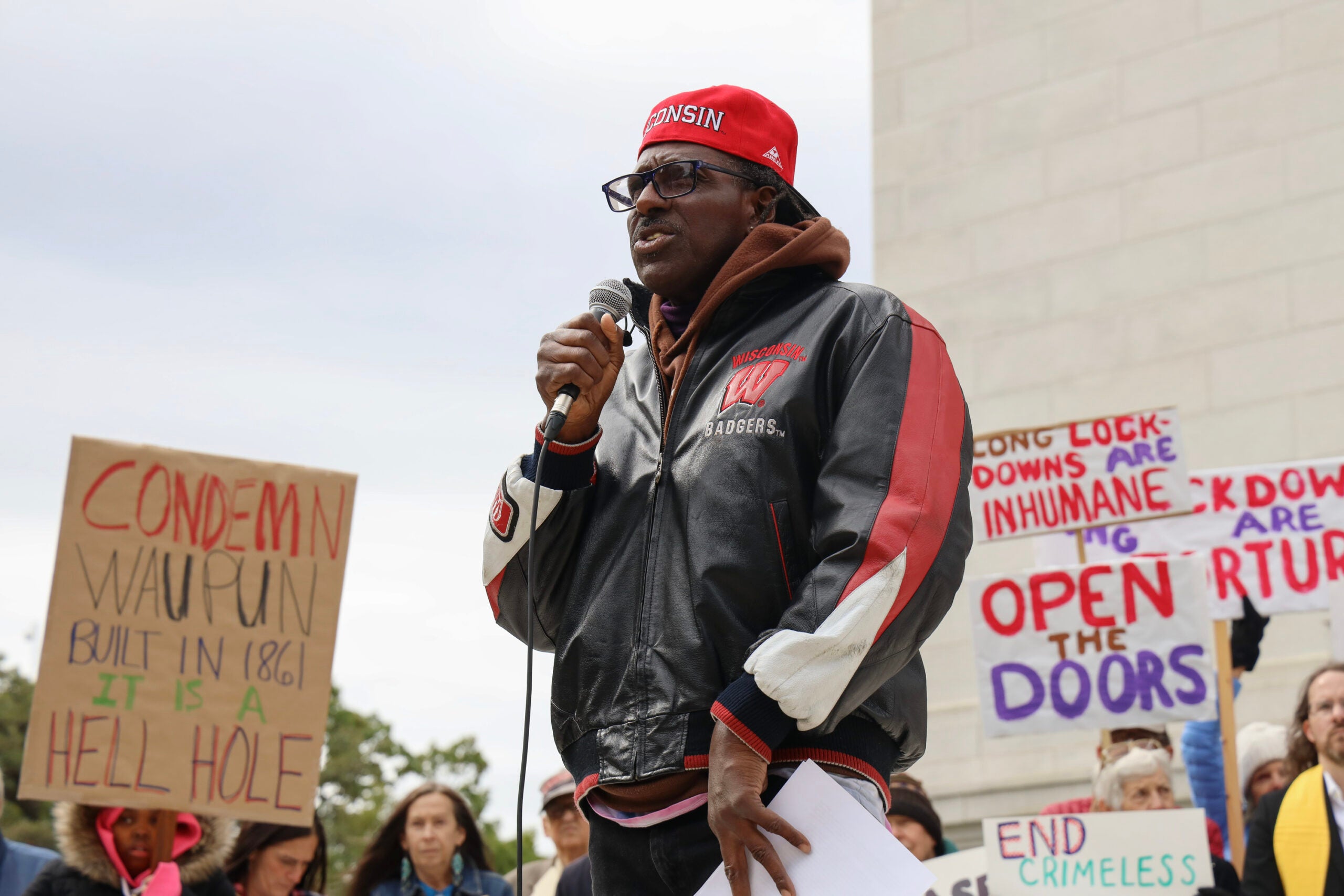It was as if a floodgate had opened. Suddenly composer Henry Cowell was immersed in music. He rehearsed a band, taught musicianship to about 200 students a day, corrected papers and correspondence course lessons, played the flute and the violin, wrote a book on melody, and composed. The burst of productivity was perhaps not unusual, but the workplace was. Henry Cowell was an inmate of San Quentin.
In 1936, after being convicted of engaging in homosexual activities, Cowell entered the largest prison in a penal system rated the second worst in the country.
As he awaited sentencing he worked in the prison jute mill. The sentence was fixed at the maximum—fifteen years–and he was assigned to work with the bandmaster of the San Quentin Education Department. He put together band concerts that were a combination of popular and “serious” pieces, although the avid musical theorist rarely included so-called modern music.
Stay informed on the latest news
Sign up for WPR’s email newsletter.
He did his best to accommodate the musical tastes of his fellow inmates. He wrote Oriental and Celtic and Mexican-inspired pieces and a band suite called How They Take It that touched on various ethnic styles, reflecting the diversity of the prison population. He also wrote experimental pieces, including “elastic” compositions that could be expanded or contracted according to the wishes of the performer.
Within three years Cowell had developed a full-fledged school of music in San Quentin, including a small orchestra and a chamber music series in which he played duets with a violinist who had been convicted of writing bad checks.
The testimony of medical experts and exemplary behavior reduced Cowell’s sentence to ten years, and with less than half of the sentence served, he was paroled in 1940.
Looking back on his work in San Quentin, Henry Cowell said, “Some of it seems to have turned out well.”
Wisconsin Public Radio, © Copyright 2024, Board of Regents of the University of Wisconsin System and Wisconsin Educational Communications Board.




